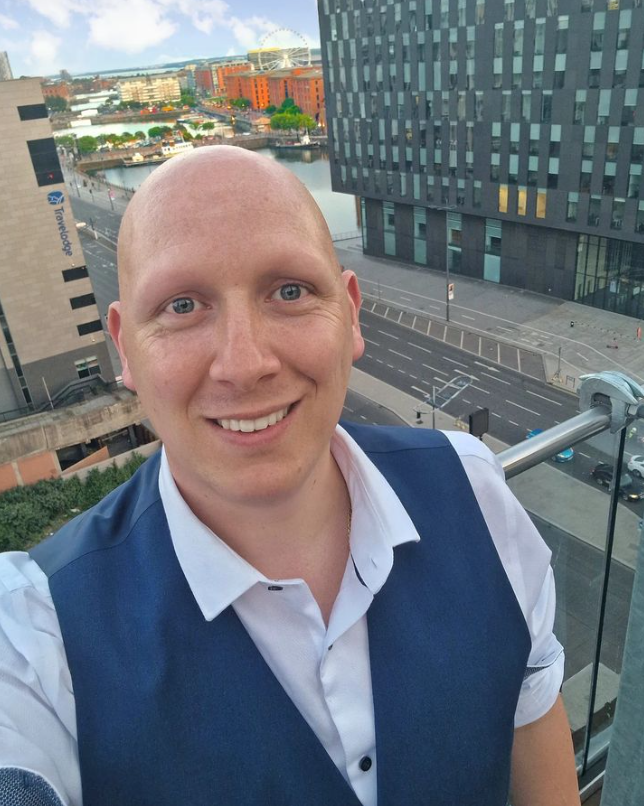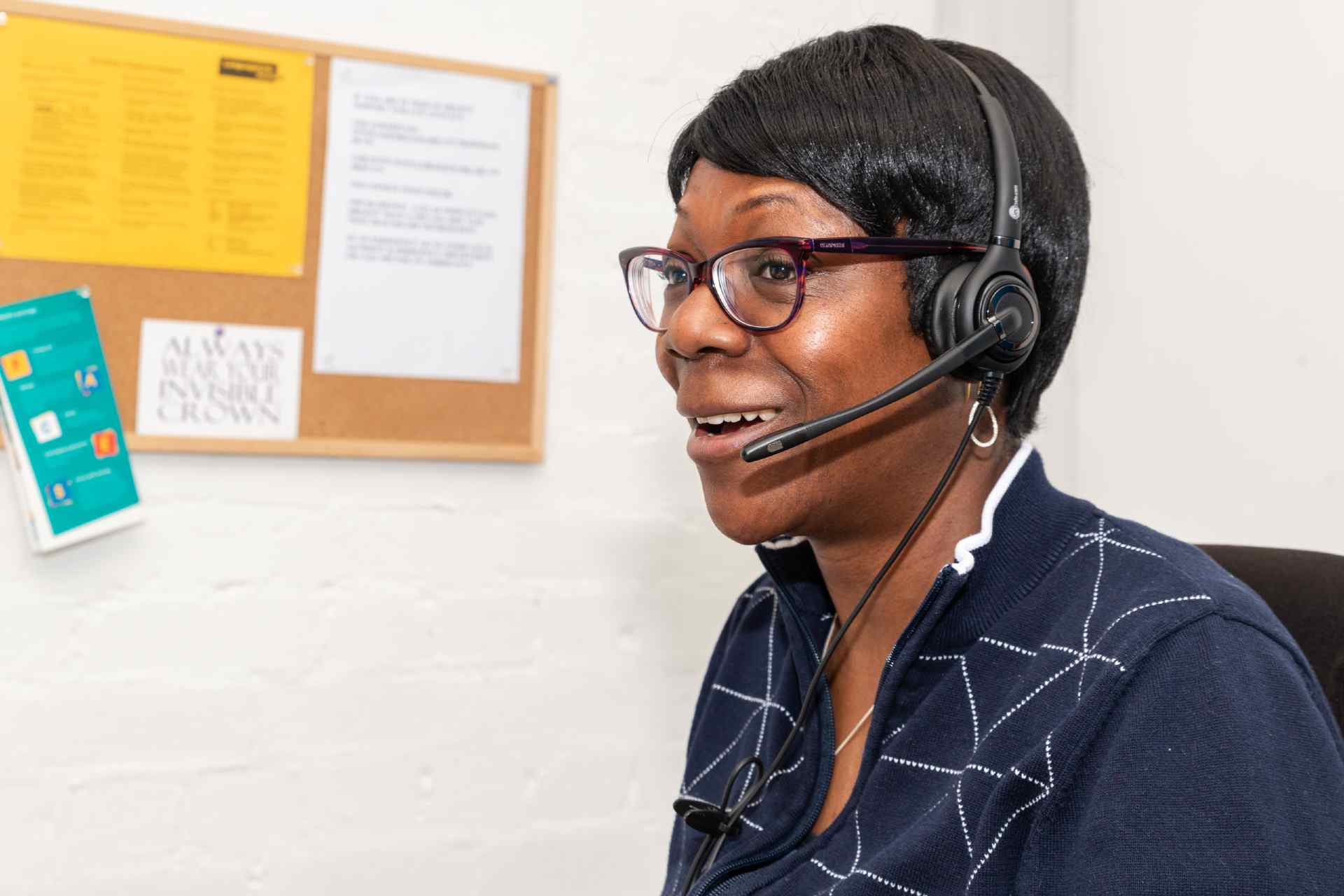When I first noticed my hair falling out, it was a deeply distressing experience. I felt like I was losing a part of my identity. My confidence and self-esteem seemed to vanish along with my hair.
I’ve had alopecia areata since I was ten – with small bald spots intermittently appearing and disappearing through my life. I held a strong dislike for those bald patches, and whenever I had a full head of hair, anxiety would creep in, apprehending when they would make their unwelcome comeback.
About four years ago, I lost every single strand of hair on my body. It was very traumatic, and what made matters worse was the sense of isolation I felt. It seemed like nobody around me understood the emotional turmoil I was going through. I constantly found myself battling the misconception that “it’s just hair.” People’s second-glances and curious questions began to chip away at my mental health.
Part of what held me back from seeking help or sharing my struggles was the toxic notion engrained in society: that “I am a man – I can’t talk about mental health.”
There were moments when I wished I could become invisible, just to escape those stares and the pain they caused. I became increasingly anxious and depressed, withdrawing from social interactions because I felt like an outsider. I was convinced that people were talking about me behind my back, and this self-imposed isolation only worsened my mental state.
Adding to this, I worked for the NHS during the pandemic – an already isolating experience. The pressure of this combined with my personal struggles created an immense sense of solitude.
Part of what held me back from seeking help or sharing my struggles was the toxic notion engrained in society: that “I am a man – I can’t talk about mental health, I can’t be bothered by something as trivial as losing my hair. I can’t show any weakness.” These expectations weighed heavily on my shoulders.
Luckily, I discovered a lifeline. A social media group run by Alopecia UK. In this group, I encountered some of the most inspirational individuals I’ve every come across. Reading their stories helped me realise that I wasn’t alone in my battle. Slowly, I began to participate more actively – leaving comments of support and sharing my own experiences.
As my confidence grew, I decided to create a social media page about my journey. The response and support I received was incredible. It was this online community that gave me a sense of belonging. I finally felt heard and understood. My mental health began to improve significantly.
I want to make it clear that it’s not always smooth sailing. There are still days where I struggle.
I’ve now been regularly sharing my experiences for three years. I can only hope that my posts have helped others as much as this community has helped me. Together, we are making progress towards a more understanding and compassionate world. One where everyone feels supported and valued – regardless of their appearance.
While I’ve come a long way in my journey with alopecia and mental health, I want to make it clear that it’s not always smooth sailing. There are days where I still struggle, moments where I question myself and times when the battles feel uphill.
It’s perfectly ok to no be ok. But it’s crucial to get the proper support you need to express your feelings. Together, we can break down the stigma surrounding men’s mental health and alopecia. You’re never alone in this battle.

